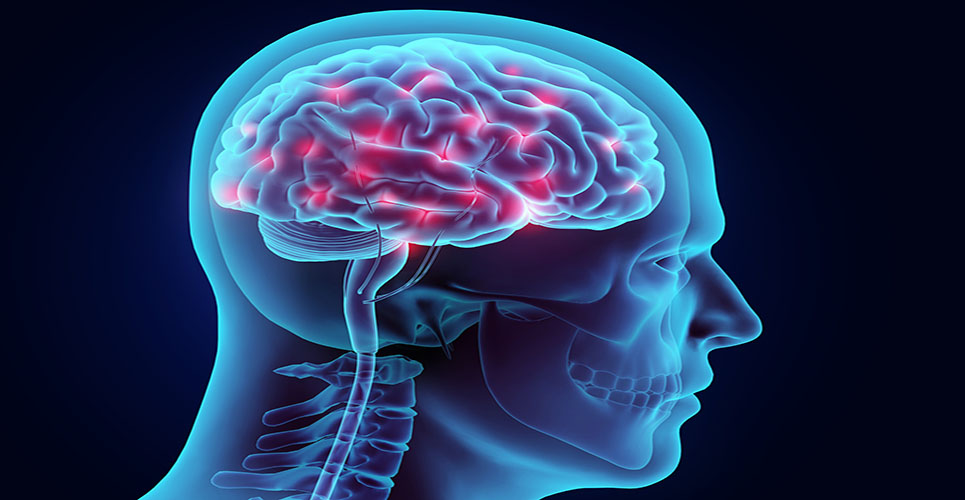teaser
Researchers have discovered a protein that could be an indicator of Alzheimer’s disease, as well as a drug target for other disease-modifying treatments.
Scientists found that higher concentrations of clusterin, a protein in the blood plasma, seem to be associated with the development, severity and progression of Alzheimer’s.
They hope the breakthrough could help in the development of a simple blood test for detecting the disease, which is one of the most common forms of dementia in the UK.
The team from King’s College, London, studied clusterin levels in 689 people – including 464 who had the illness – and identified a link between higher levels of the protein and severity of disease in the brain area known as the entorhinal cortex, which plays a role in memory.
Raised levels of clusterin in the blood were also associated with having more of the amyloid-beta protein – which form some of the brain abnormalities behind Alzheimer’s.
The report authors said: “Although these findings do not support the clinical utility of plasma clusterin concentration as a stand-alone biomarker for Alzheimer’s disease, they reveal a robust peripheral signature of this….protein that is responsive to key features of disease pathology.”
They added: “These results may have wider implications for the identification of other…proteins in plasma, both as putative Alzheimer’s disease biomarkers as well as drug targets of disease-modifying treatments.”
Copyright Press Association 2010

